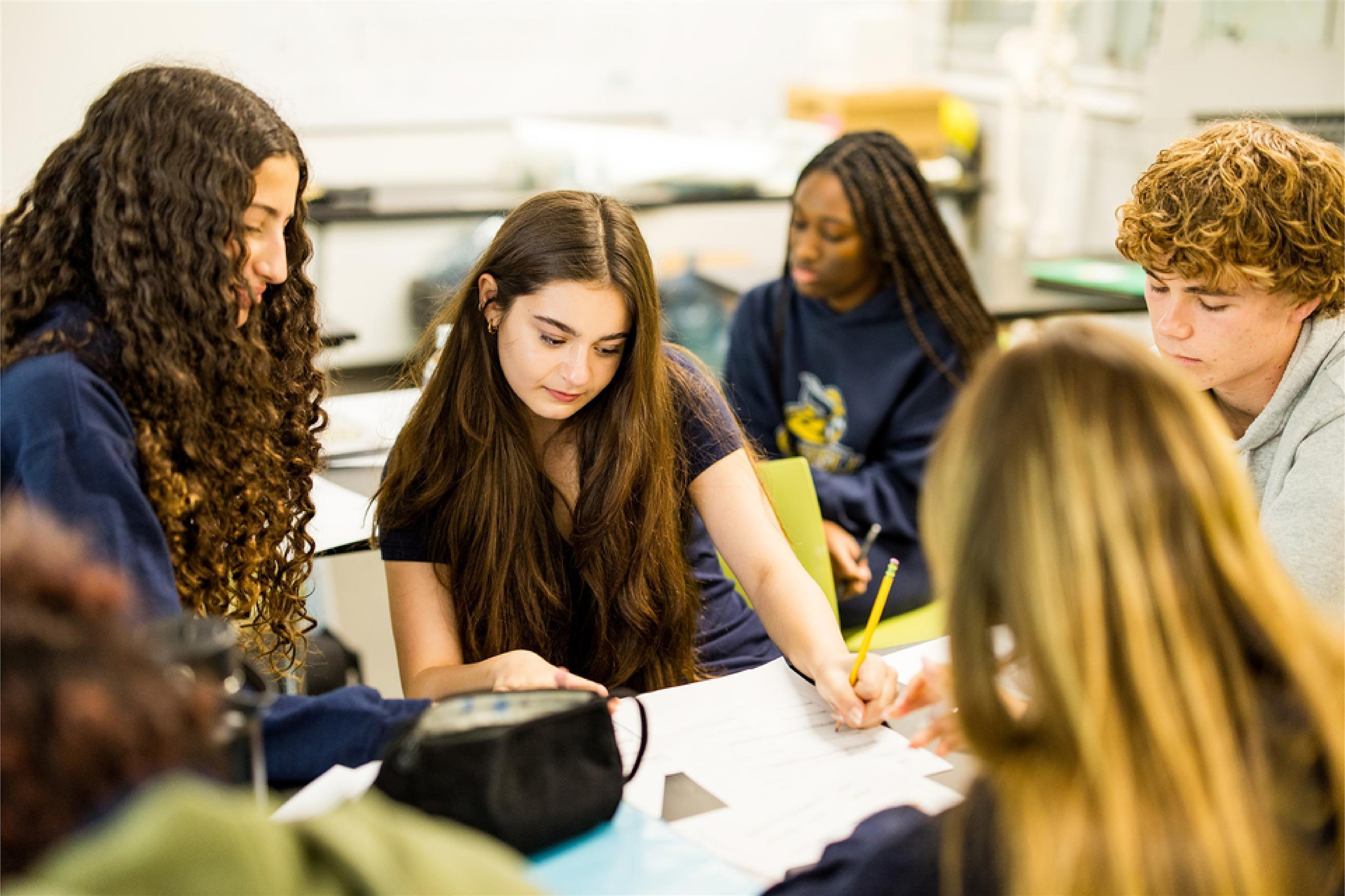Climate Ambassadors Open Recruitment
Climate Ambassadors is a UC Alianza MX initiative to build a network of students of the University of California and Mexican institutions and connect them with career opportunities within the new climate economy and society.
Climate Ambassadors work together on crossborder climate, sustainability and social justice challenges, building a network for impact.
Requirements
- Must be at least 18 years old.
- Undergraduate only (ideally in junior year or 5th semester).
- Intermediate-level English and Spanish.
- Must be available to participate in an internship for 10 to 15 hours per week.
- Submit a cover letter (one page max./Arial 12, line spacing 1.15).
- Recommendation Letter




